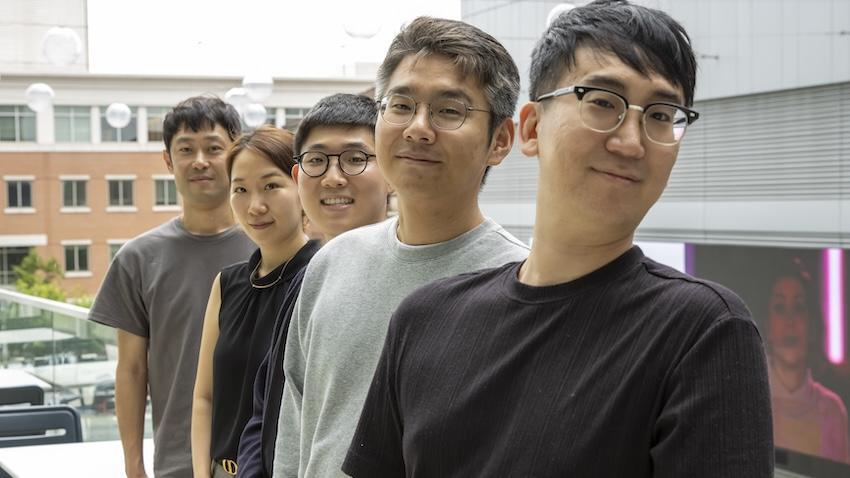Welcome to the Online Master of Science in Computer Science (OMSCS)
OMSCS is for students who want a top-ranked degree, but also the flexibility to fit it in around their work and family lives. Students who want to push their own career forward, but without the high cost of an on-campus degree program. Students who want to be part of the Georgia Tech family.
In OMSCS, all required courses and activities are supplied asynchronously, which means you can view them on your own schedule. You can take one course per semester, and take up to six years to finish the degree. We graduated 10,000 alumni in our first 10 years, and we know how to teach and support our online students.
Forbes called us “the greatest degree program ever,” because of our cost, our culture, and our industry ties. Explore this website to learn more.








